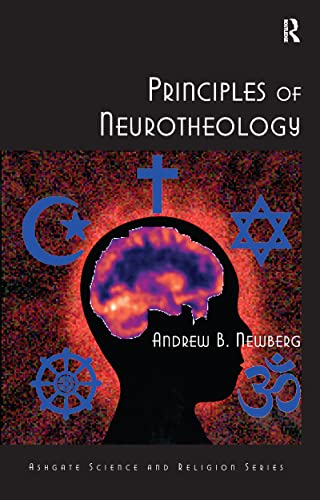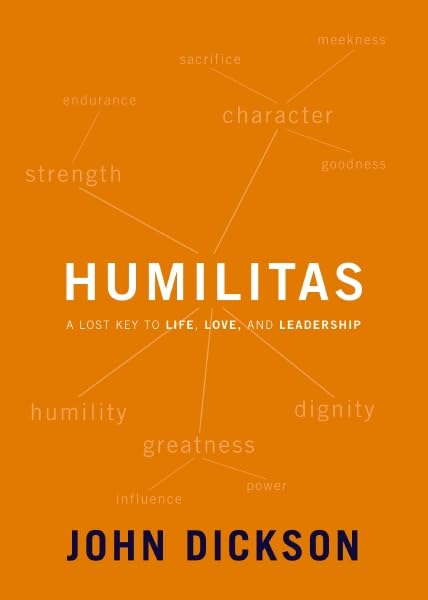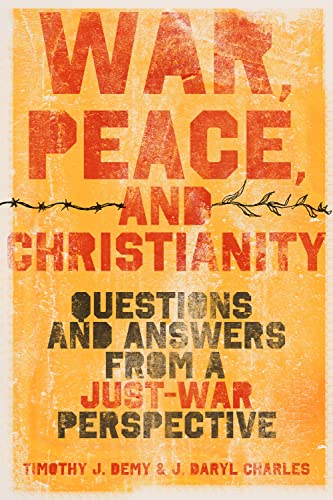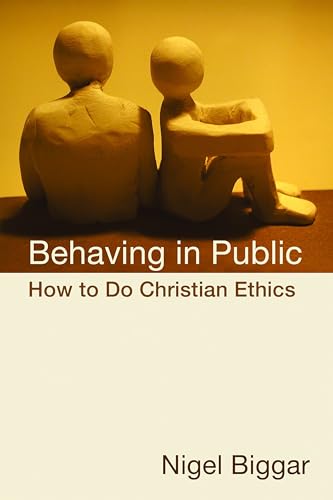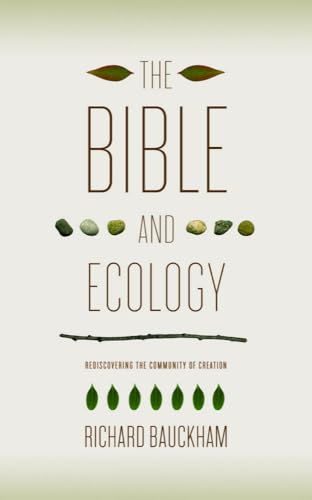Calvin in Context
Written by David C. Steinmetz Reviewed By Heber Carlos de Campos Jr.David Steinmetz, Emeritus Professor of the History of Christianity at Duke University Divinity School, is arguably the leading scholar on the history of exegesis in the Late Medieval and Reformation eras. This connection between periods allows him a rich contextual understanding of John Calvin, even though Steinmetz does not write from a Reformed perspective (Steinmetz is United Methodist). He is able to portray Calvin in continuity with the tradition on many issues where “Calvin spends a good deal of his time repeating theological and exegetical commonplaces,” but he also allows the reader to distinguish “Calvin's original insights” (p. vii).
The book is a collection of essays, the majority of which were previously published elsewhere. However, its “unified approach” (p. viii) consists in looking at Calvin in light of several primary sources from the Patristic period to the sixteenth century. In other words, comparative exegesis allows one to find out what is unique in Calvin and what ideas are repetitions of the tradition. Chapter 2, for example, compares Calvin's reading of Rom1 to almost thirty different commentators of the passage (p. 31). The Genevan Reformer follows the tradition on God's existence being demonstrated by the world, revealing enough of God's will and nature to stir praise in human beings; but he differs from the same tradition regarding the perception of men because of Calvin's focus on the noetic effects of sin (pp. 28-30). Chapter 6 contrasts Calvin to Luther because Calvin looks at the Tamar story in Gen 38 from the perspective of the third use of the law rather than the first use of the law (pp. 89-90). These examples illustrate Steinmetz's way of looking at Calvin in context.
Most of the essays concentrate on Calvin's exegesis, focusing on a specific passage of Scripture (twelve of the eighteen middle chapters, excluding introduction and conclusion). This approach to Calvin Studies is very important since it looks beyond his dogmatic treatises that tend to dominate any monograph on the Genevan reformer. The selection of biblical passages surveyed is just a sample of Calvin's exegetical efforts in light of what others of his time and before said on the same passage. While they do not provide a panoramic vision of Calvin's biblical theology, they do provide a unique perspective on Calvin's study of the Bible. Chapter 8 demonstrates that the division between exegetical schools on Rom7 does not correspond to confessional families (p. 115). Hence, Calvin's interpretation of such a passage is not identified as Reformed, but in connection with interpreters from different ecclesial bodies.
Steinmetz's repeated concern with the context is very enriching, but it requires appropriate understanding. He provides first-rate introductions on the distinctions within Medieval scholasticism (pp. 41-45), the scholastics' theological education (pp. 248-53), and their history of biblical hermeneutics (pp. 262-66) that go beyond textbook generalizations. However, such contextual information does not necessarily provide direct links between Calvin and his predecessors. In fact, it would be a mistake to connect Calvin to the Fathers only when there are explicit references to them (p. 133). Since Calvin provides few clues in his text concerning the sources he is dialoguing with (p. 73), it is necessary that one understands broader contexts to make sense of Calvin's exegesis.
One of Steinmetz's greatest abilities as a scholar is to make an academic book readable to those who are initiating their studies in historical theology. Though not “a general introduction to Calvin's thought”—these words are found inSteinmetz's preface to this second edition (p. 13)—this studydoes provide some helpful introductory material. Besides an excellent summary of Calvin's life in the first chapter, the author explains terms and concepts that other academics sometimes neglect to define. Steinmetz never takes for granted that his readers know the meaning of institutio (p. 9), the content of common biblical passages such as Rom 1, Gen18, and Isa53 (pp. 25, 45, 268), and Plato's theory of creation (p. 238). He always structures his essays so that the last section carefully simplifies his conclusions. He also brings out comparisons that fit introductory books but are not common in academic collections. His comparing Plato's view of the immortality of the soul with Shirley MacLaine's reincarnationist views (p. 237), comparing the Stoics' view of necessity with a Doris Day song (p. 240), and using several areas of studies to make a point (pp. 264-65) enrich the reading with explanations that are typical of lively classroom comments.
Though a historical theology book, Steinmetz does not shy away from making value judgments that go beyond the historical analysis. For example, he argues that Calvin got scholastic distinctions wrong (pp. 40-52) or flattened helpful medieval distinctions (p. 149) and even that Calvin's Judaizing exegesis unintentionally helped the Anti-trinitarians (p. 208). Steinmetz also allows his confessional judgments to come forth from time to time. He says that Calvin went beyond the Apostle Paul's text both in a negative sense (pp. 30-32, 127) as well as in an insightful way (p. 242). He also applies Calvin's insights to modern hermeneutics (pp. 105-6, 273-75), valuing pre-critical exegesis against some historical-critical assumptions and biases.
Oxford University Press has done a service in publishing this second edition with five new essays (chs. 15-19) to commemorate the five hundredth anniversary of Calvin's birth. Steinmetz's methodology is still rare among academics, his understanding of the medieval period is very enlightening, and his pleasant style of writing with concern both for the lay and ecclesiastical reader makes this book an invaluable resource to acquire.
Heber Carlos de Campos Jr.
Heber Carlos de Campos Jr.
Universidade Presbiteriana Mackenzie
São Paulo, Brazil
Other Articles in this Issue
Evaluating a new English translation of the Bible can be extremely difficult...
In the November 2009 edition of Themelios, Dane C...
Jonathan Edwards (1703-1758) is remembered today as a saint, scholar, preacher, pastor, metaphysician, revival leader, theologian, Calvinist—the list goes on...
Almost two decades ago I wrote an essay titled " When Is Spirituality Spiritual? Reflections on Some Problems of Definition ...
He was the youngest son of elderly parents. His childhood was secluded and unhappy, which might in some measure account for his lifelong melancholy...



